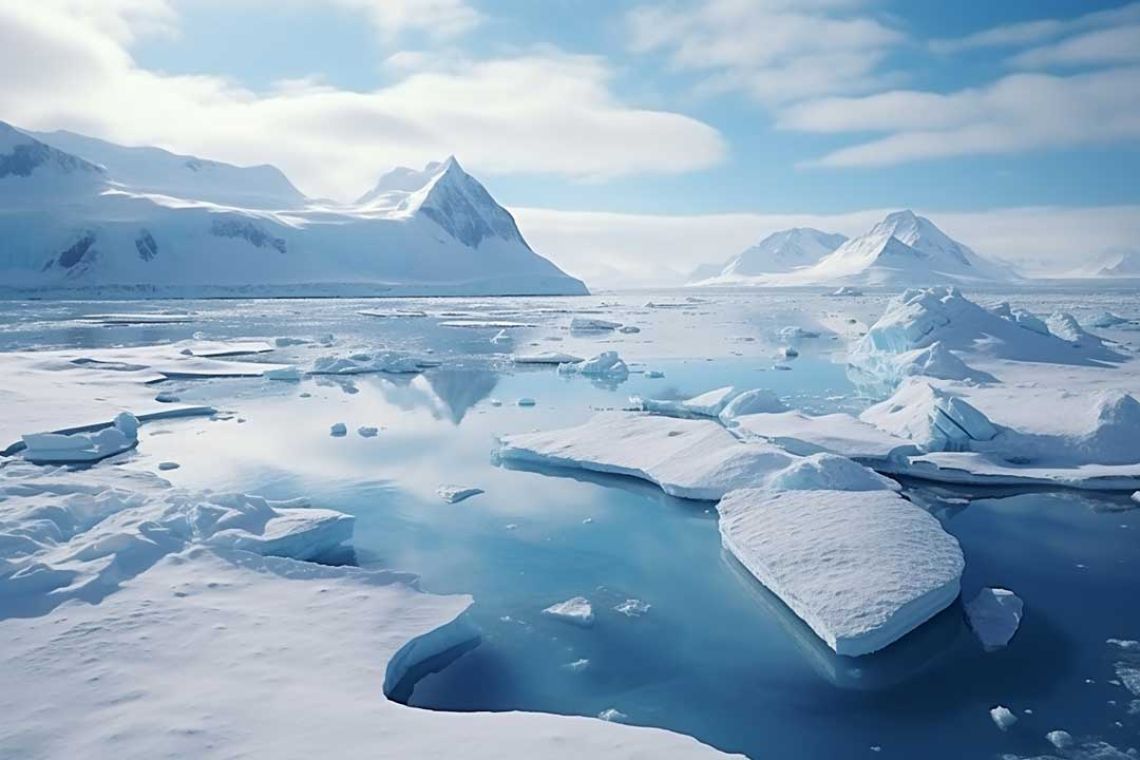The article criticizes the alarmist rhetoric from climatologists regarding global ice melt. It points out that alpine glaciers are currently more extensive than at other historical periods and that concerns focus primarily on polar ice.
Paradoxically, Antarctic sea ice has recently increased, which "global warming" advocates attribute to snow accumulation due to warming. A recent study reveals that the West Antarctic Ice Sheet was much smaller 10,000 years ago, despite lower temperatures than today, contradicting the idea that current melting is due to human activity.
The study, published in Nature, shows that this ice sheet was 215,000 square kilometers smaller than it is now. Scientists were surprised, challenging the myth of human-induced global warming. While National Geographic acknowledges these facts, it emphasizes the fragility of the ice sheet and its implications for the future.
By analyzing 2013 drillings that uncovered a lake with diatoms beneath the ice, the article confirms historical melting and subsequent ice reformation. Despite this, National Geographic remains focused on future risks, particularly sea level rise, while highlighting the ice sheet's sensitivity to climate changes.
The article concludes by criticizing the persistent rhetoric of alarmist climatologists who, despite contrary evidence, continue to attribute ice melt to human activities and CO2 emissions.
Read the full article https://leblogalupus.com/2023/08/20/lantarctique-reste-de-glace-devant-le-rechauffement-climatique-pauline-mille/


